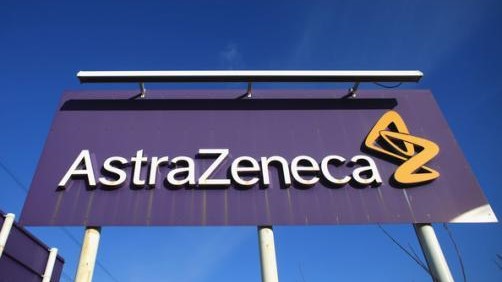AstraZeneca shows cardiovascular safety for roxadustat

AstraZeneca has announced that pooled analyses of the phase III trials for its kidney disease drug roxadustat confirm the drug’s cardiovascular safety – a good sign for the potential blockbuster that hopes to compete with well-established treatments.
Roxadustat, co-developed with FibroGen and Astellas, is a first-in-class HIF-PHI inhibitor for the treatment of anaemia caused by chronic kidney disease (CKD), which affects more than 200 million people worldwide.
It is looking to take on a market well-served for decades by erythropoiesis stimulating agents (ESAs). These drugs suffer from safety concerns, including greater risks of cardiovascular events and tumours, giving AstraZeneca a good reason to be shouting about the positive safety analysis for roxadustat.
The analysis looked at the cardiovascular safety profile, particularly major adverse CV events (MACE), from phase III trials comparing roxadustat vs. placebo in non-dialysis-dependent (NDD) patients, and vs. epoetin alfa in dialysis-dependent (DD) patients.
Another key cardiovascular (CV) safety endpoint evaluated MACE plus heart failure requiring hospitalisation and unstable angina requiring hospitalisation (defined as MACE+).
In the pooled analysis of over 4,300 NDD patients, the MACE/MACE+ analyses between roxadustat and placebo showed no clinically meaningful difference. The same was the case for the pooled analysis of around 4,000 DD patients.
Meanwhile, in the pool of 1,500 incident (newly-initiated) dialysis (ID) patients, a pre-specified sub-population of DD patients, MACE/MACE+ results indicate that ID patients on roxadustat do better than those who are on epoetin alfa.
AZ notes that ID patients are a better population to compare roxadustat vs. epoetin alfa than the stable dialysis population, where patients are stable not only on dialysis but also on erythropoietin.
AstraZeneca and FibroGen said they will begin discussions with the US FDA to prepare for regulatory submission, which is anticipated in the second half of 2019.
The drug is already approved in China for the treatment of patients with anaemia in DD CKD and is also under review in Japan.
Roxadustat is touted as a potential blockbuster, with Clarivate’s sales forecast at $1.97 billion in 2023.












